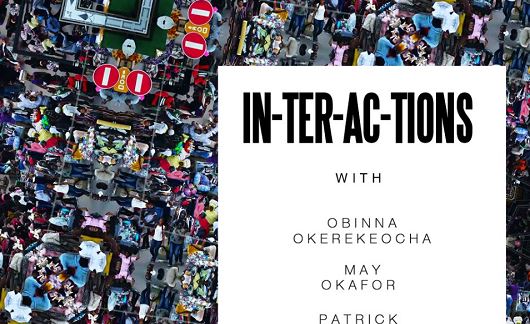“We are usually three during the child delivery, I and two other midwives. One person will be holding the torch for us while one will be conducting the delivery with the third person assisting,” said Odeh Agnes, the midwife at Dafa primary healthcare centre (PHC) in Kwali council, federal capital territory (FCT).
The thought of childbirth with the aid of torchlight may seem surreal but that is the situation in some of the PHCs TheCable recently visited in the FCT.
The PHCs are burdened with problems of epileptic power supply, lack of electricity, insufficient supply of drugs, and inadequate personnel.
At the Dafa healthcare centre, childbirth comes at great risk. The health workers and expectant mothers resort to prayers in the absence of pertinent infrastructure.
Advertisement
“We also have phones with good torchlight that we use,” Agnes said. “So the phones are always kept by the side in case the battery in the torchlight goes down.”
The last childbirth at the health facility was a week before TheCable visited, and the mother of the newborn has nothing but praise to God.
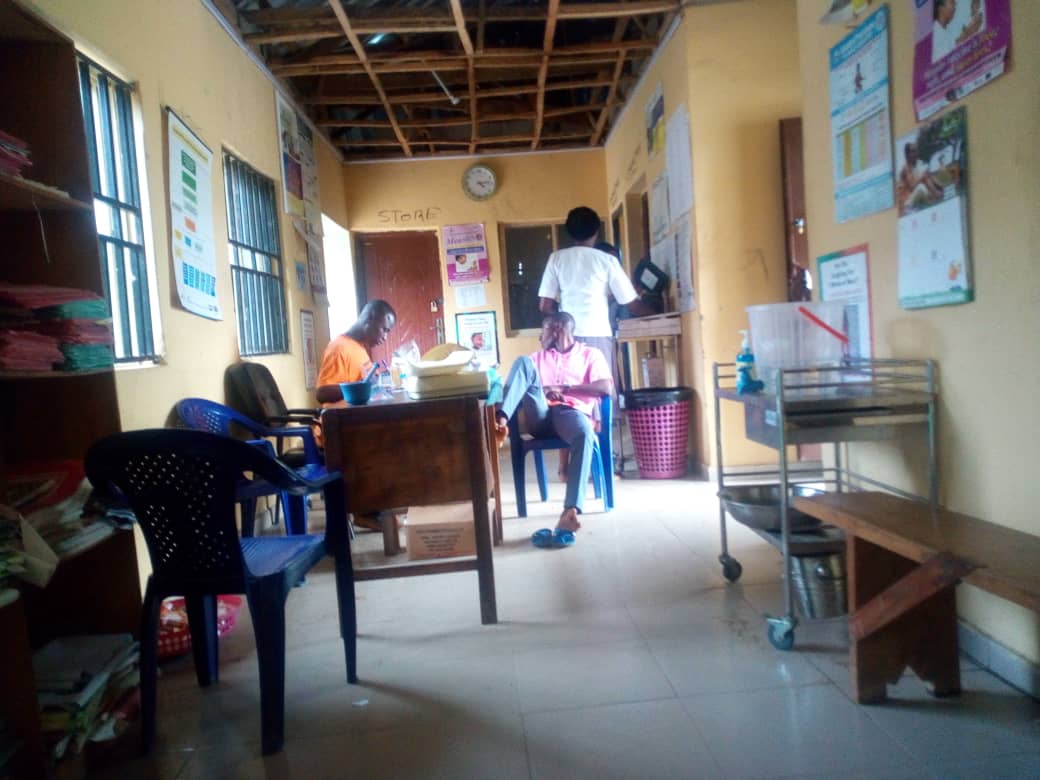
“It (delivering with the aid of torchlight) was not entirely a new thing to me so I was hopeful there won’t be any complications,” she told TheCable, deciding not to give her name. “Except for the direction of the torch, most parts of the room were in darkness but thank God the midwives managed the situation properly.”
Advertisement
Jerry Abimiku, the official overseeing the facility, told TheCable the clinic has been facing series of challenges as a result of the power situation and that “since those of us here were posted, there has never been anything like light”.
The workers have to travel kilometres away – where the nearest better-equipped facility is located – to get vaccines and some other required drugs and return them for proper storage as soon as they are done.
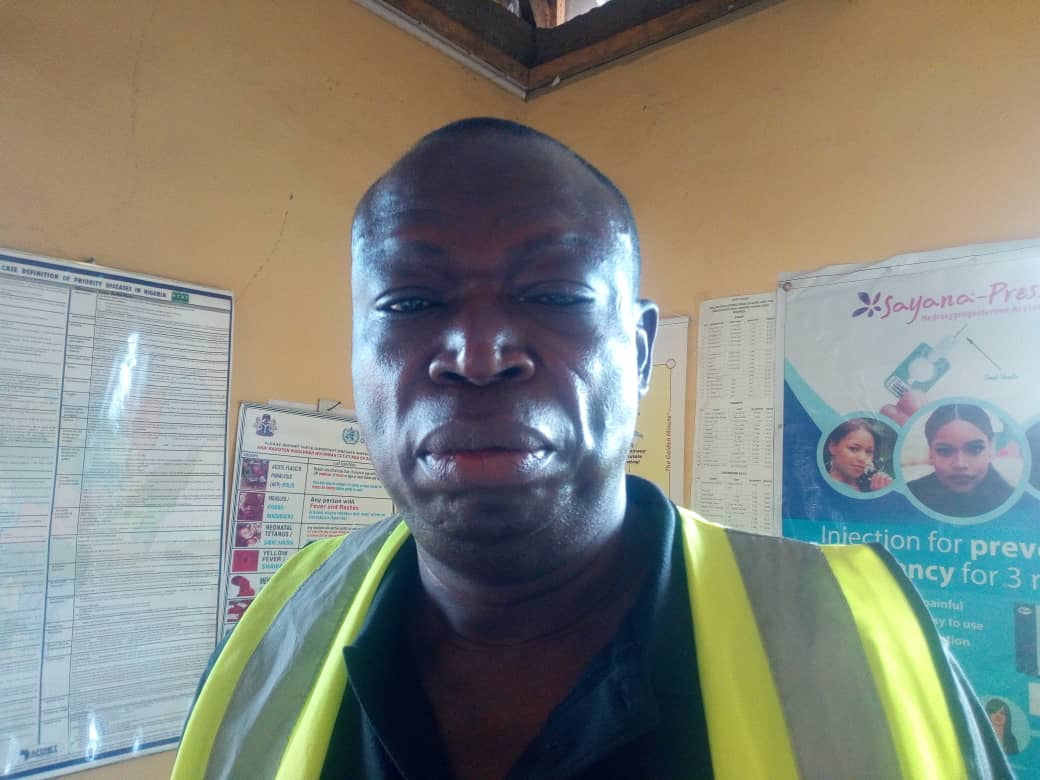
“We were told that the clinic was once wired with electricity but the structure was engulfed by fire some time ago and destroyed many things. Nobody has come to reconnect it since then,” Abimiku said.
“This is Dafa ward headquarters facility and we receive many people from here. In the midnight, we get people from Fuka that has a boundary with Niger state. We have patients that come from across River Gurara to this facility.”
Advertisement
GRASS TAKING OVER KOROKO PHC
At the Koroko PHC, the situation is worse. But for the inscriptions and banners at the entrance, there is little to show that the structure is a health facility.
There is no electricity, cracks dance their way through parts of the wall, the windows are shattered, no available drugs and grass is gradually enveloping the building.
When TheCable visited the PHC, there was just one health volunteer available. He plays the role of nurse and messenger, helping the villagers go to town to purchase drugs whenever they are in need of any.
Advertisement
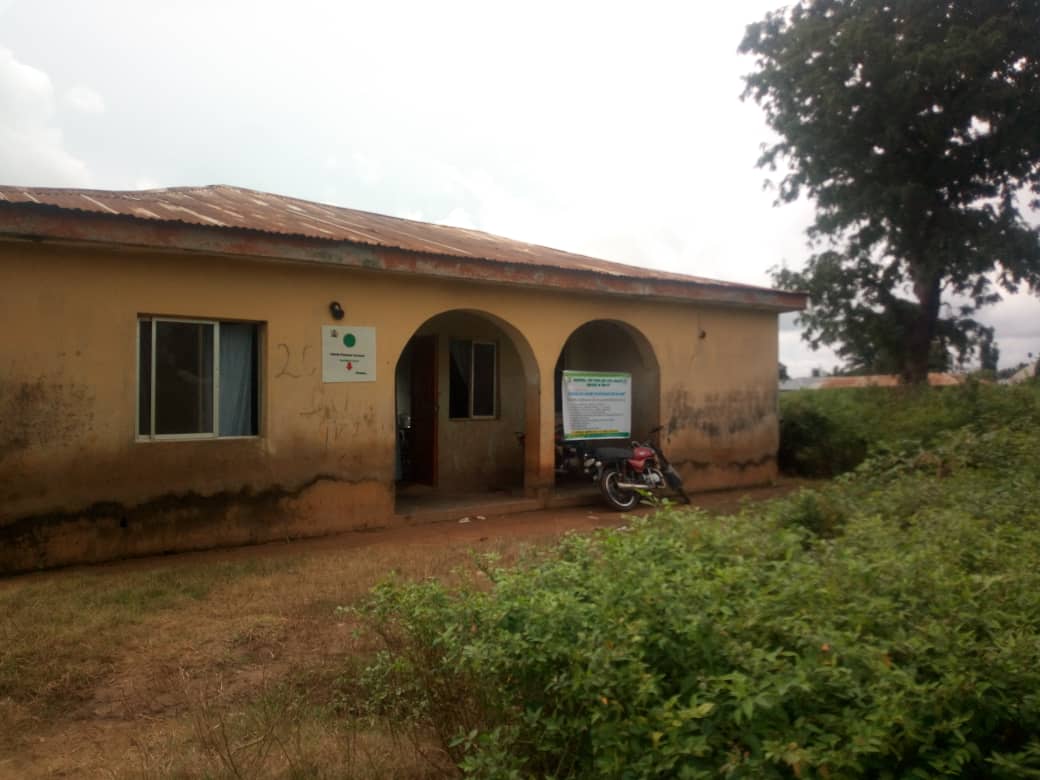
“Before now, you will hardly see people coming here. Two days could pass and not a single person would come here. You know without light, virtually nothing is working. So the health workers hardly stayed around for long,” said the volunteer who gave his name as Idris.
“But I am an indigene and I am always here, so they are encouraged to come since I resumed. I am always around.
Advertisement
“Whenever we have a patient looking for drug, I collect their money, transport myself to the Yangoji clinic in town and buy the drugs they need while they wait here. The day we will do vaccination, we go to the Kwali basic clinic and bring the vaccines from there. Once we are done, we take it back to the place.”
Idris said he doesn’t demand any extra money from them to cover for the transport cost or to weed the clinic surroundings.
Advertisement
“I feel it is what I am doing for my people. There is no job since I finished school so I just decided to stay here and contribute my own quota,” he added, before returning to the patient he was attending to.
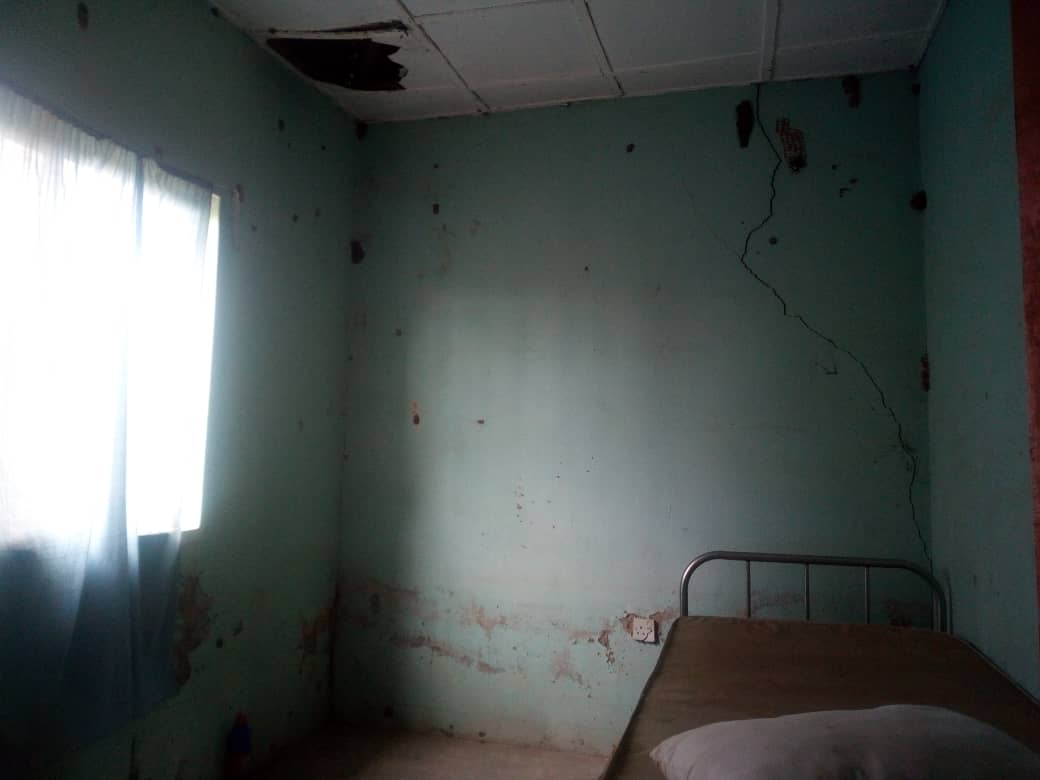
Of all the PHCs in Kwali, the one in Yangoji could be said to be the best run: there is electricity and drugs were adequately supplied.
Advertisement
Ighedosa Osas, the nurse in charge of the facility, however, said the centre still experiences challenges with electricity. There was no power supply when TheCable visited.
“The last time they brought light was two days ago,” the nurse said. “So when we can, we buy fuel and use the generator set. Other times, we sit back and wait for light.”
VILLAGERS AT THE RECEIVING END
Amid the failing primary healthcare in Kwali and neighbouring local government areas, the villagers are on the receiving end. Just a few of them can afford to go to better-equipped health facilities in faraway towns. The rest stay back, abandoned to their fate.
Speaking to TheCable, some of the residents in the area recalled how they have been made to bear the brunt of the situation and called on the government to “remember us”.
“The day I went for my child to be vaccinated in the clinic at Ashara, we waited and waited before they finally brought the vaccines from town,” said a villager who gave her name as Amina.
“And you can imagine all of us there when there is nothing like electricity.”
Another villager recalled an event when her aunt put to bed with the aid of a kerosene lamp in another facility in Kwali.
“The labour came in the night so we were left with no choice but to go there. I was worried because of the light situation; the entire place was in darkness. The midwives had to use kerosene lamp,” said the villager who chose to remain anonymous.
“Imagine if the health facilities are connected with light and are actually working, we won’t be worrying like we do now. So please help us tell government to remember us.”
SEEKING THE WAY FORWARD
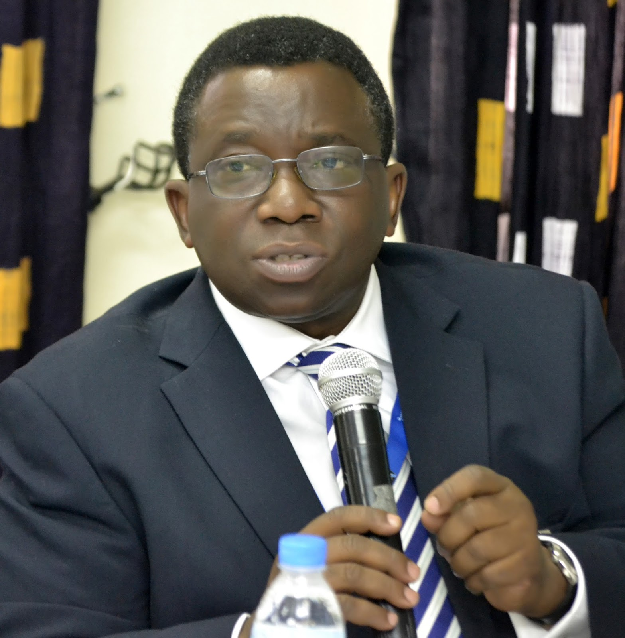
Efforts to get the National Primary Health Care Development Agency (NPHCDA) to react to discoveries made were unsuccessful.
Faisal Shuaib, executive director of the agency, was not on seat when TheCable’s reporter visited, while Saadu Salahu, spokesman of the agency, declined to comment when contacted.
“I cannot just speak on what you are asking for; not without the executive director’s approval,” he told TheCable over the phone.
Isaac Adewole, minister of health, had said the federal government is committed to ensuring improved access to primary healthcare in the country.
The minister said in the 2018 budget, the government has earmarked 68 percent of the allocation for the health sector to primary healthcare. Out of the N9.1 trillion 2018 budget, N356 billion was allocated to the health sector.
Senate President Bukola Saraki had also said the national assembly is setting aside one percent of the consolidated revenue fund (CRF) in the budget to boost the provision of basic primary healthcare services in the country.
How, and when, the government intends to disburse the funds to the sector is unknown.
Add a comment




